For a long time, there was a severe stigma and drug addiction was thought to be the result of moral failing, something that was wrong with a person’s character rather than a mental health disorder. Today, we know that addiction is, in fact, a mental health disorder, and it has nothing to do with moral fiber or character. Still, someone who is struggling with a mental health disorder might find it challenging to get the help they deserve because they are afraid of stigma.
What is Stigma?
With addiction, stigma is any form of discrimination because people have a substance abuse disorder. It can include ideas or thoughts that the person is incapable, dangerous, or at fault for being addicted.
Drug Addiction and Stigma
Putting off treatment for fear of drug addiction and stigma or judgment only means you don’t get the help you deserve as quickly as you deserve it.
- People who feel stigmatized are less willing to get help
- Subjection to addiction stigma can make people with a substance abuse disorder feel anger, pity, depression, or fear without understanding why
With the correct form of outpatient care, you can learn how to cope with your symptoms during recovery, how to deal with stress after the fact, and how to tackle issues of stigma when you return to your everyday life.
You can educate yourself about addiction, about “person-first language,” and about other ways to help address stigma. When someone around you needs help, you’ll have the tools to do just that by sharing what you know.
If you know someone in your life with addiction, you play an essential role in avoiding stigmatization, too. It is up to you to choose your words carefully, picking likes like:
- People with a substance abuse disorder instead of “junkie” or “user”
- A person who misuses alcohol instead of “drunk”
- A person in recovery instead of “former addict”
These simple language substitutions can be healing for any individual, whether used by themselves or those around them because they contribute to the correct idea that substance abuse is a disorder, an illness, a problem–not the individual.
People who have been subjected to drug addiction and stigma need to focus on changing the language they use, too, about themselves, as a way of improving automatic thoughts and feelings, as well as self-esteem.
It is important to get treatment from a center that really cares, reduces stigma, and uses language that puts you at the center of recovery. No matter how you have been treated in the past, whether you have dealt with co-occurring mental health disorders or homelessness, have legal issues because of substance abuse, or are worried about stigma, contact our team to see how we care and how our care can really help.
Work with Peninsula Health
With Peninsula Health, we work hard to address stigma and drug addiction with our outpatient programs. Each level of care integrates holistic addiction treatment and dual diagnosis services if needed.
Holistic Addiction Treatment
We work hard to teach you how to address and overcome drug addiction and the stigma you might face when you leave our facility, and that involves participation in individual and group therapy as well as our aftercare opportunities.
With trauma-informed care, you can work beyond the superficial symptoms of addiction stigma and understand what unresolved trauma may have contributed to your addiction originally. This information can give you an opportunity to work with a therapist individually and in group sessions to resolve that trauma in a healthy and supportive fashion without risking any re-traumatization.
Yoga and Mindfulness
Yoga and mindfulness work together as tools for coping not just with stigma and drug addiction symptoms, particularly cravings. There is a lot of discomfort associated with drug and alcohol rehab, both mentally and physically. This discomfort can be exacerbated by stress, triggers, or feelings of anxiety.
In each of our outpatient programs, clients benefit from mindfulness and yoga services that go beyond dealing with physical symptoms and teach:
- The importance of sitting with your emotions, even if they are unpleasant, for doing so enables you to experience yourself as a whole person, not trying to hide or mask part of yourself with addiction
- The idea that discomfort is temporary which helps you recognize that any feelings, stress, hardships, cravings, or other discomfort will pass if you can be mindful
By working with support groups during your treatment, you set yourself up to build a network of friends and family who won’t subject you to addiction stigma. With the coping skills you learn, you’ll be able to bolster yourself and educate others, too.
Call our team today to see how our outpatient programs can offer holistic care without addiction stigma.






